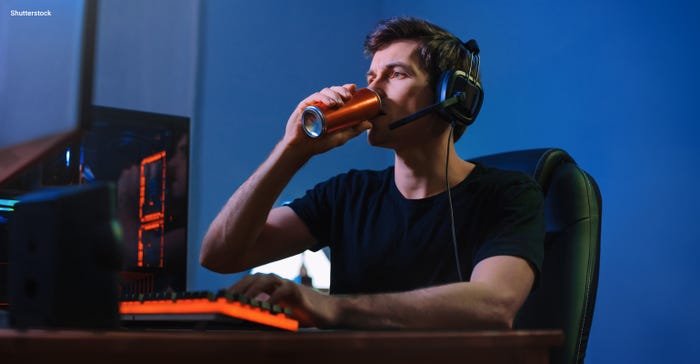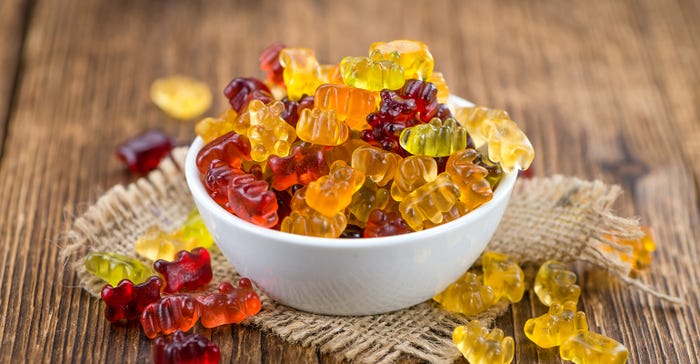Glucosamine Derivatives Protect Articular Cartilage
January 3, 2011
CHANG MAI, ThailandGlucosamine derivatives, including glucosamine sulfate and hydrochloride (HCL), demonstrate various mechanisms of action on compounds that can degrade articular cartilage, according to in vitro research from Chiang Mai University. Their findings are published in BMC Musculoskeletal Disorders (2010, 11:162).
They co-cultured porcine cartilage explants with recombinant human IL-1 and each tested substanceglucosamine sulfate (GS), glucosamine HCL (GH), glucose (G) and glucuronic acid (GA) for three days. Hyaluronic acid (HA), glycosaminoglycans (s-GAGs) and MMP-2 releases to media were measured using ELISA, dye-binding assay and gelatin zymography, respectively. They conducted similar studies in human articular chondrocytes (HAC) monolayer culture co-treated with IL-1 and each reagent for 24 hours. Subsequently, cells were harvested and gene expression measured using RT-PCR. All experiments were carried out in triplicate. Student's t-tests were used for statistical analysis.
In cartilage explants treated with IL-1, GS shwoed the highest chondroprotective activity of all four tested compounds, based on inhibition of HA, s-GAG and MMP-2 released from cartilage. The anabolic (aggrecan core protein; AGG, SOX9) and catabolic (MMP-3, -13) genes in HACs treated with IL-1 and with/without chemicals were studied using RT-PCR. GH and GS reduced the expression of both MMP-3 and -13 genes. GS also had the most pronounced decrease in IL-1 induced-MMP-13 gene expression, while the reduction of induced-MMP-3 gene expression was greatest with GH. G and GA reversed the effect of IL-1 on the expression of AGG and SOX9.
The researchers concluded glucosamine derivatives can alter anabolic and catabolic processes in HACs induced by IL-1, with GS and GH reducing induced MMP-3 and -13 expressions, while Glc and GlcA increased reduced-AGG and SOX9 expression. Overall, GS had the most protective effect on articular cartilage cells.
You May Also Like



